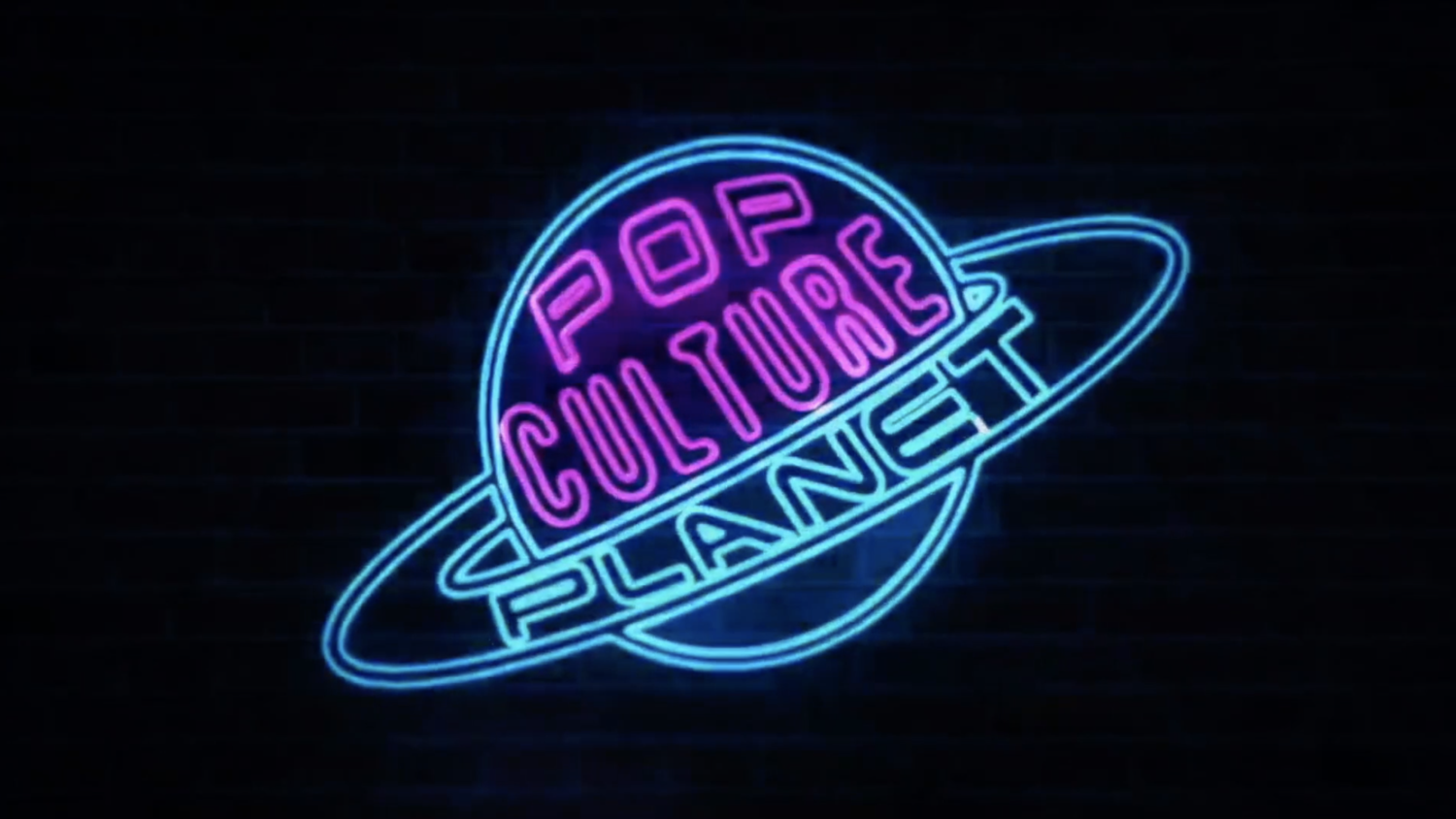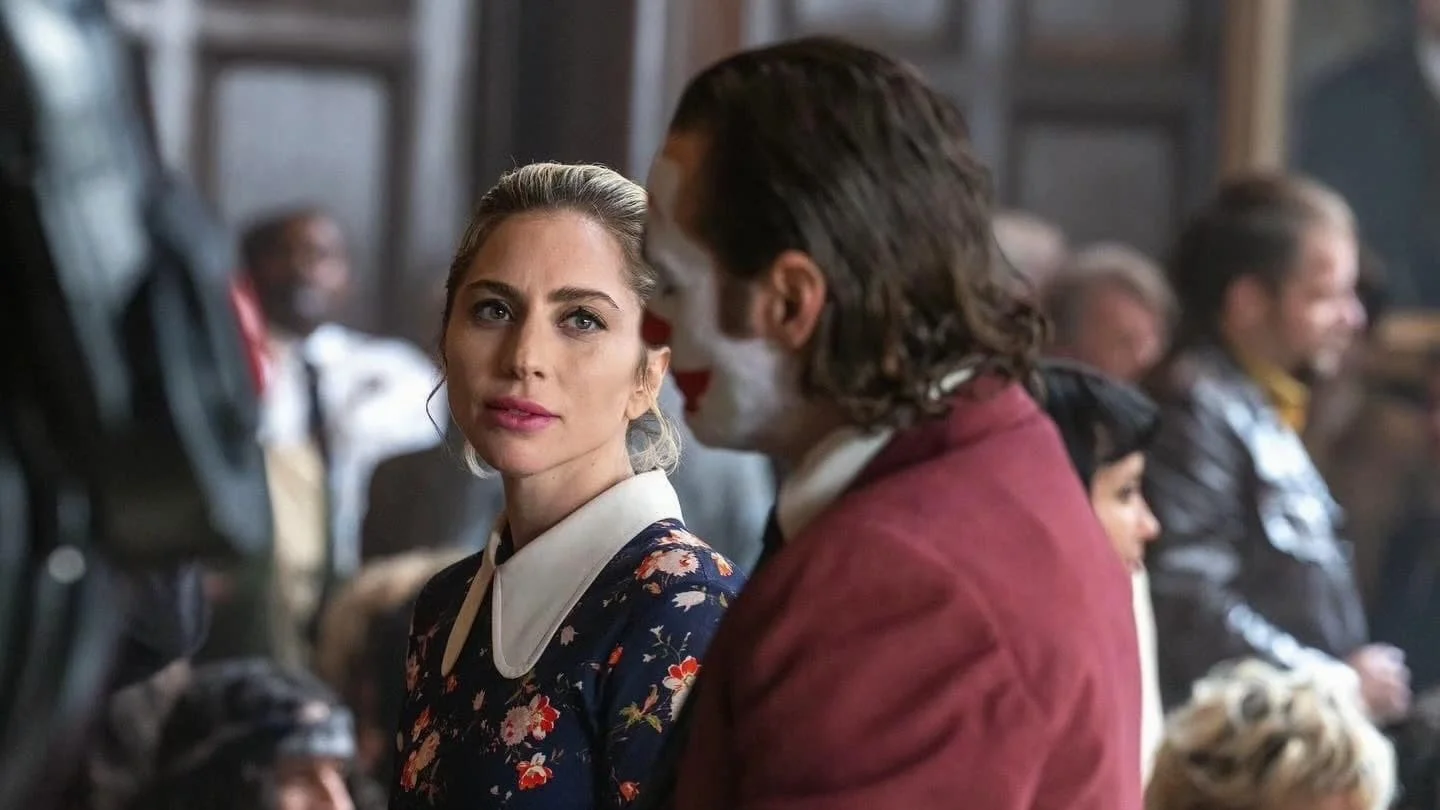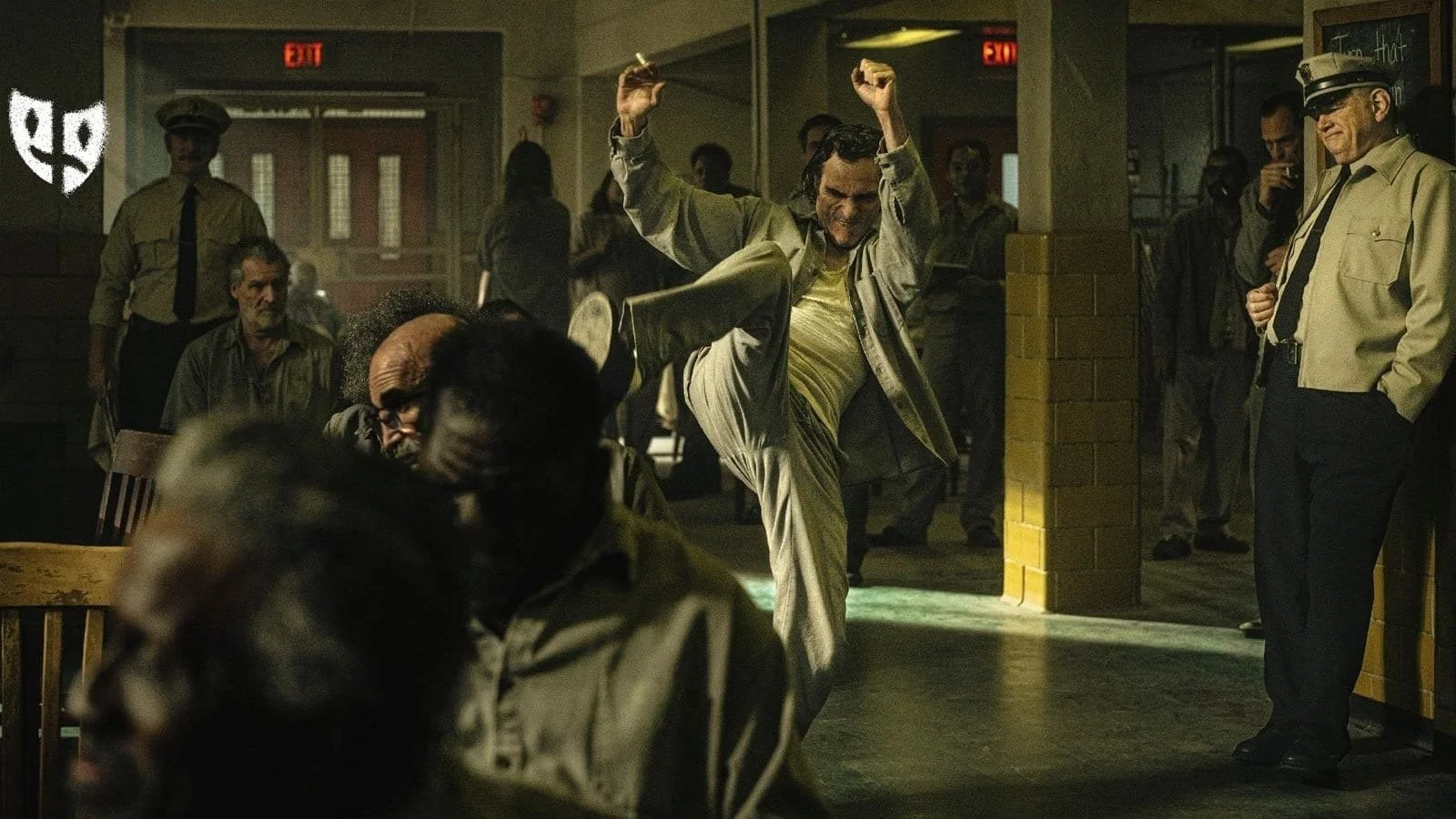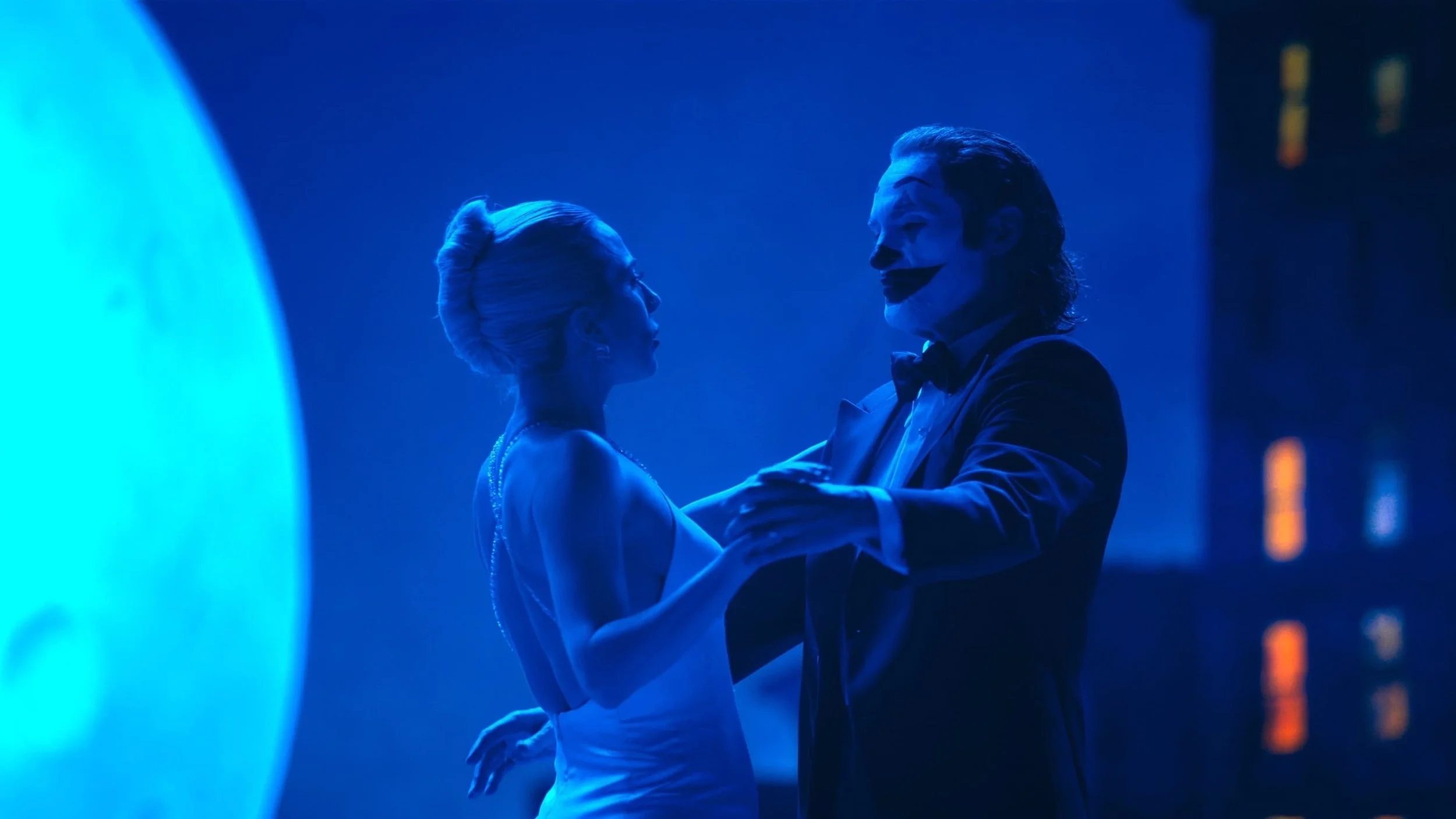Joker: Folie à Deux Is A Sequel Lost in Its Own Madness
Joker: Folie à Deux is either a really cruel joke or a mess of everything you could do wrong when making a sequel. We’re back four years after Todd Phillips’ 2019 Joker, which did amazing at the box office. Audiences fell in love with Joaquin Phoenix, who perfectly encapsulated the Joker. He was wild, bold, dangerous, and an absolute joy to watch on screen. This time around, adding Lady Gaga as Lee, our unborn Harley Quinn, seemed like a perfect choice that could leave us with a dark and feisty romance between two iconic comic book characters. But instead we got a dragged-out bore of a story that force-feeds us a musical, all while failing to deliver compelling performances.
Here’s where we are: the murderous comedian Arthur Fleck has been locked up for the six murders in the previous movie, but now Fleck is headed to trial to fight his case. His time in jail has clearly broken him. He’s no longer the man he used to be. His spirit is gone. We spend the first act exploring his life in jail. He’s a failed comedian who murdered someone on live TV, so it’s expected that he wouldn’t be treated like royalty. He’s not worshipped in jail and the guards are the worst kind of cocky, badged criminals. His trial, however, is the talk of the town and his lawyer Maryanne Stewart (Catherine Keener) has built a case around insanity, suggesting Arthur has two personalities — the Joker is the killer, while Arthur Fleck is just the man. It’s a long shot, but it’s all they’ve got. This leaves Arthur stuck between two sides of himself: a shy, non-expressive, weirdly mute man and, well, the Joker. But here’s the thing: the world doesn’t love Arthur Fleck; the world loves the Joker. He becomes a figurehead for all the fed-up, unlucky losers in the world.
There’s a version of this story that could have been interesting, but the truth is the entire film is missing the thread needed to form an actual storyline. It feels like Phillips threw away everything from the first movie and started from scratch without giving the audience a reason why they’re sitting through an over two hour long movie. We’re stripped of the deeper story of Arthur Fleck and the Joker, losing the history his character has. Instead, we get a depressing and gloomy attempt to tell a bigger story about Fleck’s unexpected fame as the face of a movement he never intended to start. Buried under that story is the hard truth that even Fleck knows — no one cares about who he truly is. He has no case and is destined for death. There’s no hope of Fleck’s escape. It’s a losing game from the start.
Despite the disappointment, there has to be some saving grace and Gary Puddles, played by Leigh Gill, was exactly that. In the previous film, he witnessed the Joker kill one of their co-workers and his entrance into the courtroom changed the energy almost immediately. The atmosphere shifted from tense to melancholic. It’s a compelling moment and one of the few parts of the film that felt completely thought out. His pain, mixed with his fear of the Joker, mirrors the very internal struggle Fleck wrestles with. And while there’s a moment where the audience might be tempted to laugh at the short, anxious man, as if that’s what Phillips intends, Gill delivers the exact opposite.
The musical element became one of the more memorable parts of the film and yet still it was an unnecessary addition that gradually became less effective. Doing a musical requires commitment to imagination, but this film didn’t push for anything original. Having a voice like Gaga’s is great when used with purpose, but the music choices were mostly underwhelming. In fact, the first song Fleck breaks into during his dream fantasy after meeting Lee — titled ”For Once in My Life” — is the only memorable performance from the non-singer.
Music is the anchor of Fleck and Lee’s love story as they meet in music class, but it never hits the right note. Their love story lacks care and there’s no real story to follow besides the fantasy they’ve created. Their relationship is never believable. It’s a jumbled-up fantasy that, at times, might seem enduring as they smile and sing together, but it’s not organic. The story drags on without giving the characters any depth, especially Lee, who feels like an afterthought. She takes on a Harley Quinn who’s just a simplified girl caught up in Joker’s fantasy. This wastes the potential of Gaga, who delivers a strong performance as Lee, but the decisions made with her character don’t allow for the complexity she deserves.
Joker: Folie à Deux may give us what the title promises — two unhinged lovers — but it manages to pull the final joke on itself by failing to meet expectations.
The Joker sequel is playing in theaters.





